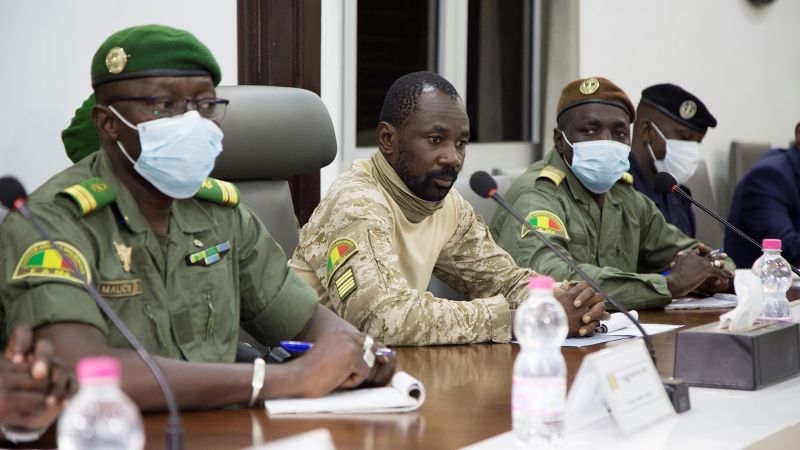The military junta in Mali recently lifted a ban on political party activities, signaling a key advancement towards the restoration of democracy in the West African nation. The political landscape in Mali has experienced a significant shift as the junta, which has been in power since the August 2020 coup, loosens its grip on power. With the lifting of the suspension, the Malian people are given an opportunity to partake in the political process once again, offering a glimmer of hope for the return of democratic governance.
The coup in Mali took place in August 2020, led by Colonel Assimi Goita, leading to a military junta being formed that suspended political parties across the country. The decision to suspend political activities was met with intense criticism, both domestically and internationally, with many stakeholders calling for a swift return to democratic governance.
Various pressure groups, civil society organizations, and international forces have consistently lobbied for the reinstatement of political activities in Mali. These efforts may have contributed to the recent landmark decision taken by the military junta. The move is being hailed as a vital step in the path to restoring political order and democratic processes in the country.
Following the suspension lift, political parties in Mali can now engage in lawful activities as prescribed by the laws of the land. They are now allowed to hold meetings, strategize, and even elect new leaders. Such developments ensure that a democratic culture is fostered, making way for the active participation of people in the country’s political decisions.
One of the remarkable potentials of this significant decision is the endorsement of political pluralism and inclusivity. By allowing political parties to operate freely, the government affirms the democratic principle of diversity in politics, where different ideologies can compete peacefully over government power. This is a critical ingredient for democratic consolidation in any country.
However, while the lifting of the suspension on political parties’ activities is undoubtedly a welcome development, it is also crucial to highlight that the path towards complete democratic governance in Mali is still fraught with numerous challenges. While the junta has permitted the activities of political parties, the conditions remain far from ideal, with the country still navigating the complexities of political transition amid regional insecurity problems.
Moreover, the date for the promised democratic transition through free and fair elections remains undetermined. It is an issue that has generated concern among the Malian people and the international community. Therefore, it will be pivotal for the junta to ensure a conducive political environment that encourages free and fair elections.
The role of international stakeholders in this transition cannot be underestimated. It becomes essential for these entities to continue monitoring the political situation in Mali, not only to support the transition process but also to prevent any possible disruption of peace and security.
In conclusion, the lifting of the ban on political activities by the Mali junta is seminal development on the path to democracy. It has opened the gate for the revival of political pluralism and a reprieve for the political parties exasperated over the loss of their mandate. Despite the numerous challenges that lie ahead, this decision provides a beacon of hope for a democratic future in Mali. Authorities and stakeholders must now focus on fostering an environment conducive to political participation, with the ultimate goal of transitioning to democratic governance.




